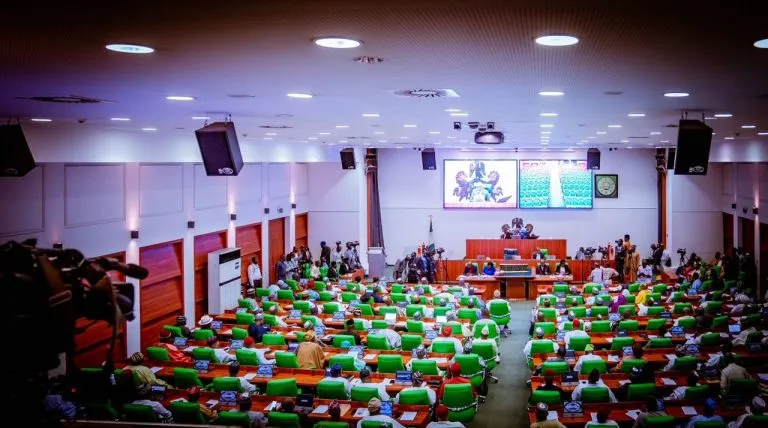The Electoral Act Amendment Bill has successfully navigated its way through the rigorous scrutiny of a second reading. Meanwhile, in the adjacent chambers of the Green, representatives deliberate on the intricacies of the Electoral Act, as they dissect the provisions of the proposed amendments.
Among the proponents of this legislative endeavor stands Mr. Francis Waive, a stalwart champion of electoral reform. His proposal advocates for the consolidation of general elections into a singular, cohesive event, with the aim of optimizing efficiency and curtailing expenditure.
Furthermore, the proposed amendments aspire to institutionalize the electronic transmission of electoral results, thereby ushering in a new era of transparency and accountability in the electoral process. Concurrently, punitive measures are envisaged for individuals found culpable of lodging frivolous petitions, with stringent fines imposed to deter post-election litigations and ensure the sanctity of electoral outcomes.
The deliberations within the hallowed halls of the Green Chambers are not merely confined to theoretical discourse; they are emblematic of a concerted effort to enhance the democratic framework of the nation. As representatives engage in meticulous analysis and spirited debate, the contours of electoral reform are gradually taking shape, poised to leave an indelible mark on the nation’s political landscape.
At the heart of these deliberations lies a fervent desire to fortify the electoral process against the specter of malpractice and manipulation. By advocating for simultaneous general elections and mandating electronic transmission of results, the proposed amendments serve as a bulwark against the erosion of democratic principles. Moreover, the imposition of penalties for frivolous petitions underscores a commitment to uphold the integrity of electoral outcomes, thereby safeguarding the sanctity of the people’s voice.
In the crucible of parliamentary discourse, the Electoral Act Amendment Bill has emerged as a beacon of legislative endeavor. Spearheaded by Mr. Francis Waive and championed by a cadre of dedicated legislators, this bill represents a watershed moment in the annals of democratic governance.
Proposing a paradigm shift in the electoral landscape, the bill advocates for the synchronization of general elections, a move intended to streamline the electoral process and mitigate logistical challenges. Furthermore, by mandating the electronic transmission of results, the bill seeks to harness the power of technology in enhancing the transparency and efficiency of electoral procedures.
However, the bill’s ambit extends beyond mere procedural reforms; it embodies a principled stance against the scourge of post-election litigation. Through the imposition of stringent penalties on those who file frivolous petitions, the bill endeavors to foster a culture of accountability and deterrence, thereby fortifying the foundations of democratic governance.
As the bill advances through the legislative crucible, it stands as a testament to the resilience of Nigeria’s democratic ethos and the unwavering commitment of its legislators to uphold the sanctity of the electoral process.
-26 February 2025




